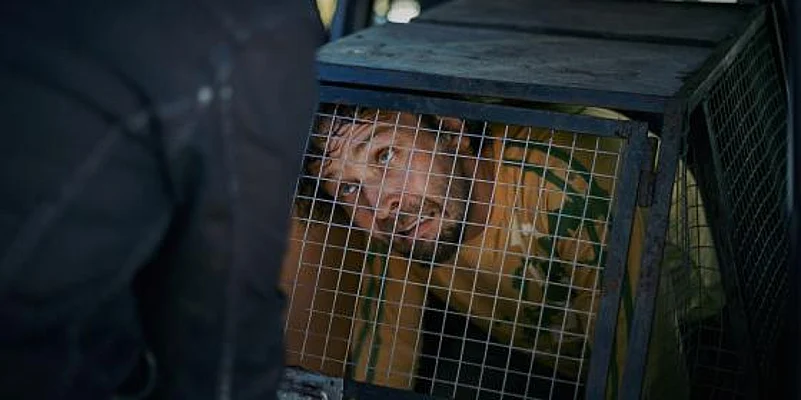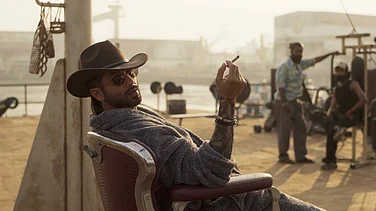The Toronto International Film Festival or TIFF has multiple awards including the juried Platform prize and the Audience prize, considered the tastemaker for the Academy Awards. Plenty of focus is also upon the Hollywood premieres, given the Oscars angle, and those from India, given the outlets we write for. But beyond that select list, with nearly 350 films of various lengths and genres screening at TIFF, there are several movies that tend to get a little lost in the shuffle. Here’s a personal best of the rest from the fest:
The Seen and the Unseen or Sekala Niskala is a gorgeous gem from Indonesia. Jakarta-based director Kamila Andini handles this tale of dualism with the virtuosity of a veteran. At its core, the story is about a pair of bunching twins, a sister and a brother named Tantra and Tantri, and the latter’s coping with the realisation her sibling is suffering from a serious affliction.

In dealing with that inner crisis, she escapes into a mystical world of her own making, borne of the myths of Bali, where the film is located. The director said this film developed “organically” as she “wanted to play around” with this holistic belief in what is evident and that beyond what we perceive. But what makes this film particularly spectacular is how it is staged: Every scene is nearly perfectly pictured, every inch of the visual canvas painstakingly painted.

Part of that construct is the movements of the children, based on traditional dance drama, but the fluid motions are deprived of a background score. There’s no music and songs are delivered without accompaniment. “Dance takes the place of dialogue,” Andini says, and that choice certainly delivers a statement of art.
“This idea is not an easy idea to make into a film, it’s very complex,” she says, and that is an understatement. It is one which defies conventions with grace.
If The Seen and the Unseen is limpid, there’s gentle lucidity to Vivian Qu’s Angels Wear White or Jia Nian Hua. I watched her first feature, Trap Street, at its premiere at TIFF four years earlier and that film was a masterly rumination on the Chinese security state, but one that was keenly understated despite conveying a sense of moody menace. That sense has been retained in Angels Wear White, with captivating results.

Two young girls are raped by a Government official in an inn at a seaside resort and the narrative follows the attempt to gather evidence of that deed, including CCTV footage which has been deleted but remains only on the cell-phone of the mysterious Mia, filling in at the reception that night. Mia has run away from her town and is an off-the-books employee, lacking a State ID. This is as much the story of her ambivalence as it is about a system where the corrupt are protected while the status of women is pitiful, two matters that will resonate with Indian viewers. Once again, it is a fine piece of cinema, carefully crafted and subtly subversive.
There isn’t much that is subtle about Finnish director Teemu Nikki’s Euthanizer or Armomurhaja. Veijo, played by Matti Onnismaa, euthanises pets for those who can’t afford the fees of the local veterinarian; either by gassing them in his car or taking them to the woods and shooting them.

That sounds like a plot that would have PETA fuming, but instead, this dark disturbing delight has the freelance euthanizer avenging the cruelties meted out to the pets in kind upon their owners. It stretches the edge of genre revenge dramas in a refreshing if revolting manner.
Pictures Courtesy: TIFF


























